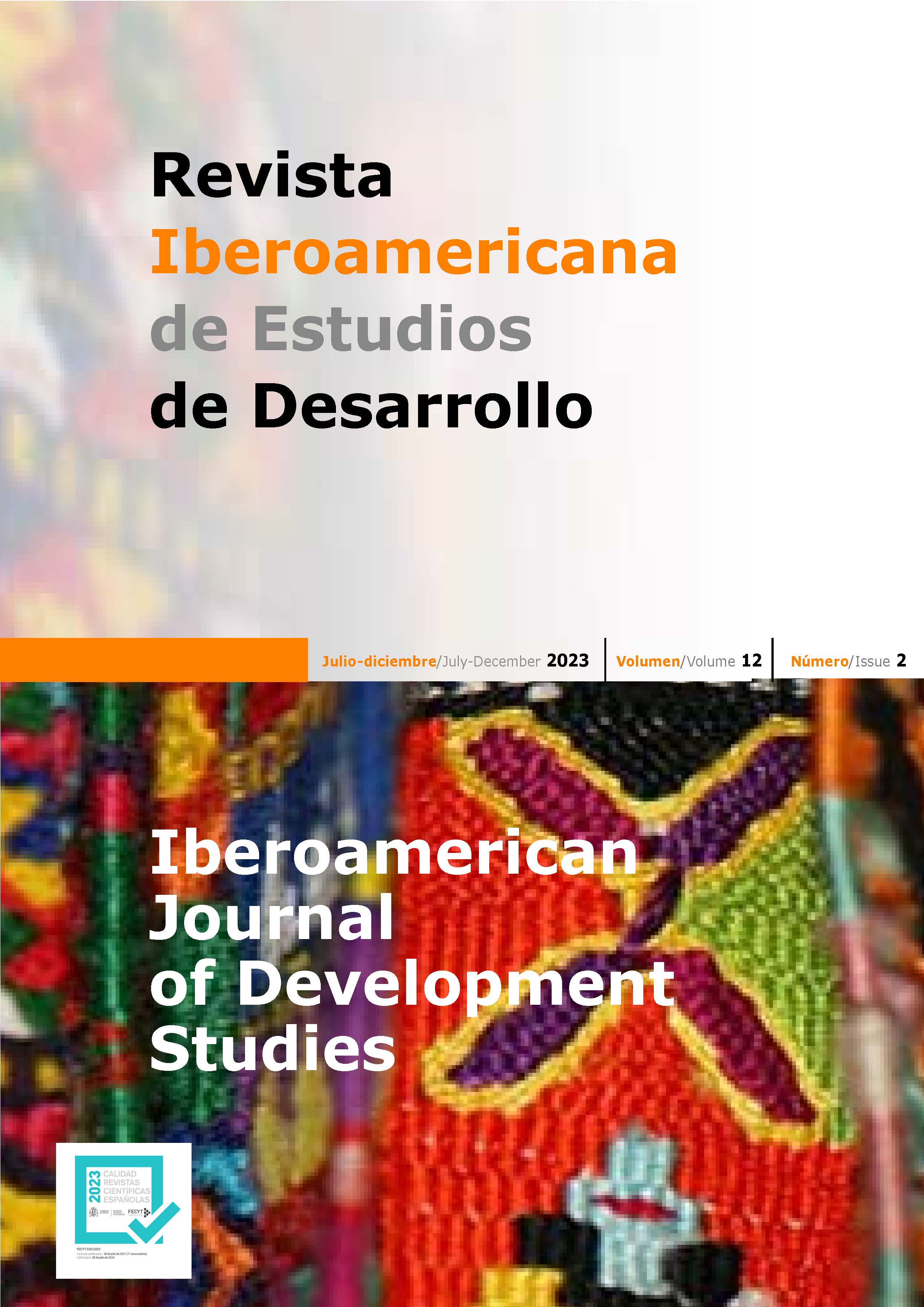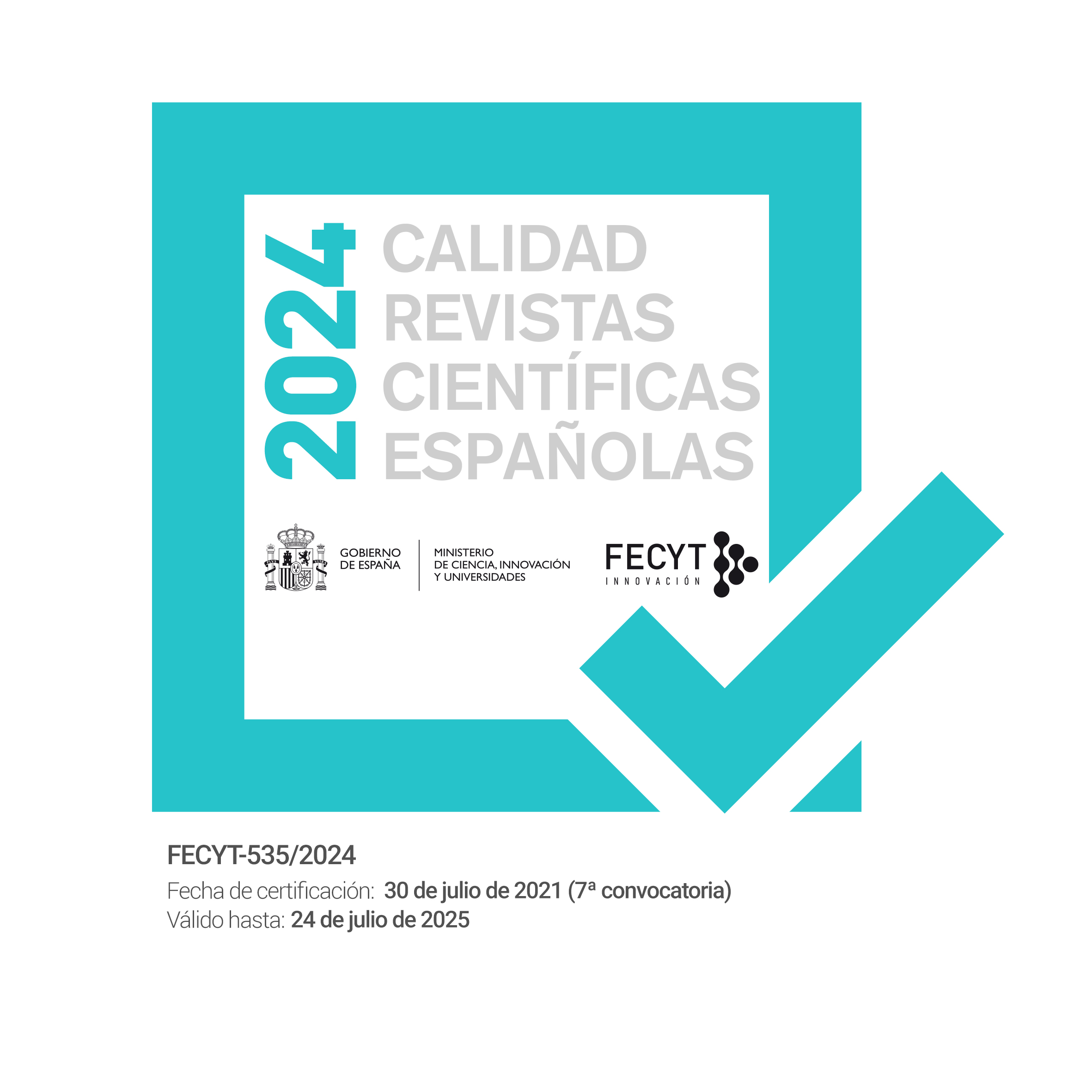Legal foundations of crowdlending: from mutual agreement to lending via online platforms
DOI:
https://doi.org/10.26754/ojs_ried/ijds.813Keywords:
crowdlending, lending, law, P2P, loan, Law, historyAbstract
Technological innovation in the field of finance requires in-depth study of both technology and law. To contribute to this field, this paper proposes to analyse crowdlending, a procedure that allows the conclusion of loan agreements in which intermediaries disappear and online platforms participate. This procedure presents numerous legal challenges to which we must respond, and response requires analysing our legal foundations. As everythi ng has its precedent, meeting the legal challenges of regulating crowdlending requires study of its antecedents and, thus, analysis of the loan agreement. We have found as a legal precedent the contract of mutual (mutuum) of the Roman Law because this system configures the loan contract also without intermediaries. We studied it to check the problems it raised and what were its solutions. This is the starting point to face the analysis of crowdlending.
Downloads
References
ALPERT G (2019). Jumpstart Our Business Startups Act (JOBS). Investopedia, 13 November. https://www.investopedia.com/terms/j/jumpstart-our-business-startups-act-jobs.asp, accessed December 6, 2022.
ARIAS RAMOS J (1974). Roman Law, II. Editorial Journal of Private Law, Madrid.
Communication from the Commission to the European Parliament, the Council, the European Central Bank, the European Economic and Social Committee and the Committee of the Regions. Consumer Financial Services Action Plan: Better Products, More Choice, Brussels, 23.3.2017 COM(2017) 139 final.
Communication from the Commission to the European Parliament, the Council, the European Central Bank, the European Economic and Social Committee and the Committee of the Regions. FinTech Action Plan: for a more competitive and innovative European financial sector, Brussels, 8.3.2018 COM(2018).
Communication from the Commission to the European Parliament, the Council, the European Economic and Social Committee and the Committee of the Regions. 2016. An European agenda for the collaborative economy, COM(2016) 356 final.
CUENA CASAS M (2019). Crowdlending or crowdfunding lending and the assessment of the creditworthiness of the promoter of the financing. Journal of Insolvency Law 47.
CUENA CASAS M (2020). La contratación a través de plataformas intermediarias en línea. Cuadernos de Derecho Transnacional, vol. 12 2.
D’ORS Á (1960). Elements of Roman Private Law. University of Navarra, Pamplona.
DELOITTE (2014). Banking Disrupted: How Technology Is Threatening the Traditional European Retail Banking Model.
DELOITTE (2017). Beyond FinTech: Eight Forces that Are Shifting the Competitive Landscape. World Economic Forum, Canada.
Documento de la sesión de la Comisión de Asuntos Económicos y Monetarios del Parlamento Europeo. Presenter: Cora van Nieuwenhuizen, April 28, 2017, Considerando A.
Expert Group on Regulatory Obstacles to Financial Innovation (ROFIEG), 30 Recommendations on Regulation, Innovation and Finance, Final Report to the European Commission December 2019.
FERRARI R (2015). The end of Universal bank model? The FinTech Book.
FinTech Action Plan. April 3, 2020.
HAVRYLCHYK O, MARIOTTO C, VERDIER M, TALAL R (2017). The expansion of the peer-to-peer lending. Labex ReFi Policy Brief 02, 2-7.
KAGAN J (2020). Peer-to-Peer (P2P) Lending. Investopedia, 11 May. http:
https://www.investopedia.com/terms/p/peer-to-peer-lending.asp, accessed December 6, 2022.
MARTÍNEZ NADAL A (2021). La Propuesta del Reglamento de Mercados Digitales («Digital Markets Act»), una aproximación jurídica. Plataformas digitales. Aspectos jurídicos. Aranzadi, Pamplona, pp. 115-134.
MASCIANDARO D, QUINTYN M (2013). The evolution of Financial Supervision: the continuing search for the holy grail. In: Balling M, Gnan E. The Evolution of Financial Supervision. Larcier for Suerf, pp. 263-318.
NÚÑEZ LAGOS R (1950). Stipulation in the Partidas and the Ordenamiento de Alcalá. Reception speech at the Real Academia de Jurisprudencia y Legislación. The Printing House of the Widow of Galo Sáez, Madrid.
OECD (2010). The Economic and Social Role of Internet Intermediaries.
PHILIPPON T (2015). Has the U.S. Finance Industry Become Less Efficient? On the Theory and Measurement of Financial Intermediation. American Economic Review 105(4):1408-1438.
Report on FinTech: the influence of technology on the future of the financial sector, (2016/2243[INI]).
VOLTERRA E (1986). Institutions of Roman Private Law. Civitas, Madrid.
WEGMANN STOCKEBRAND A (2018). On the idea of legal system and the construction of a general category of contract in Roman Law. Journal of Historical and Legal Studies XL:97-122.
ZIMMERMANN R (1996). The Law of Obligations. Roman Foundations of the Civilian Tradition. Oxford University Press, Oxford.
Downloads
Published
How to Cite
Issue
Section
License
Copyright (c) 2023 Marina Rojo Gallego-Burín, Araceli Rojo Gallego-Burín

This work is licensed under a Creative Commons Attribution-NonCommercial-NoDerivatives 4.0 International License.








